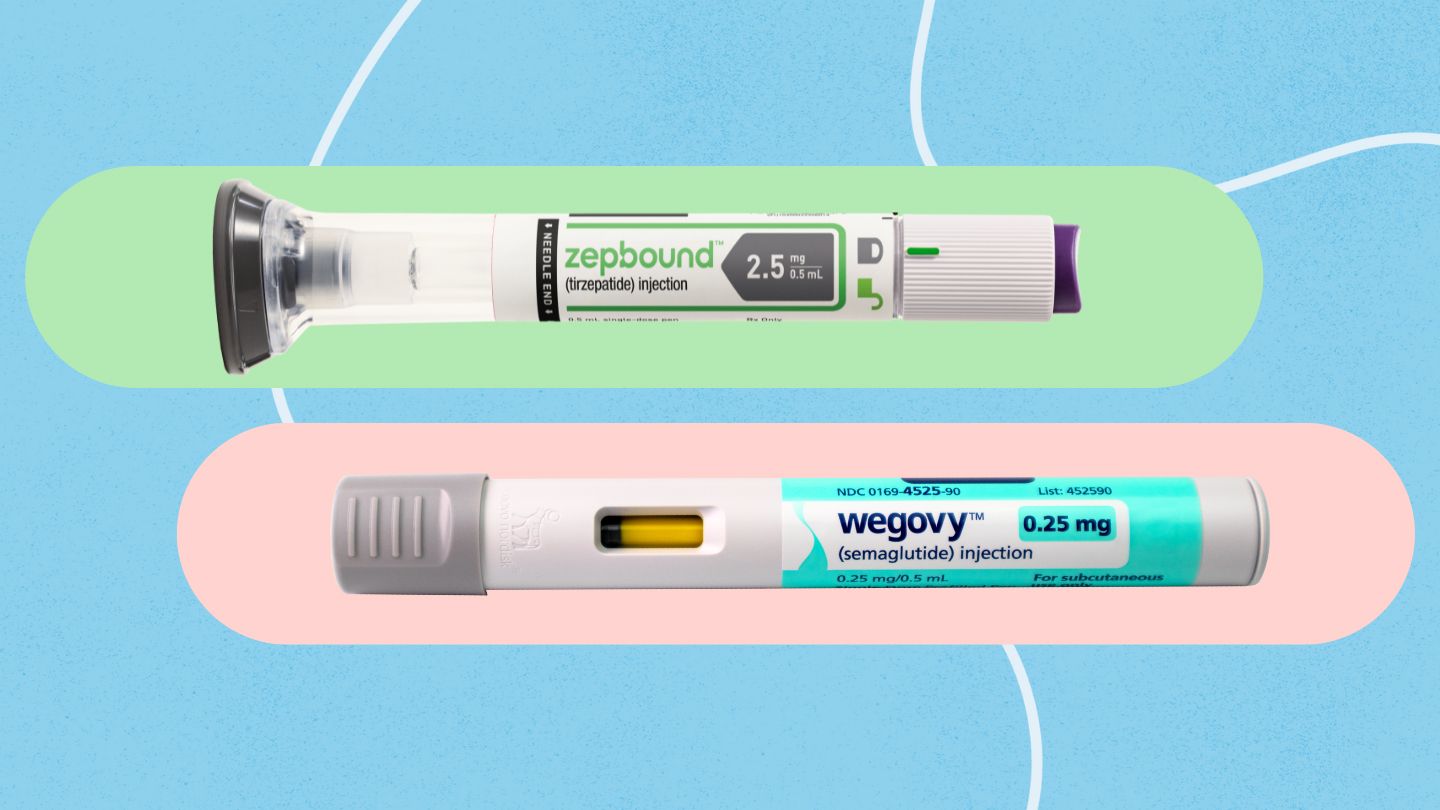Even if you have reached expert label-reading levels, going out to eat can pose its own set of difficulties. How can you know the fat levels of each dish? In general, Simpson recommends avoiding alcohol, fruit juices, salad with dressing, potatoes, or fatty meat and fish. Instead, he suggests looking for fresh vegetables and low-fat fish like grilled or broiled cod.
“Avoid menu items with words like ‘au gratin,’ ‘creamy,’ ‘crispy,’ ‘fried,’ or ‘sautéed,’ which usually indicate high-fat foods,” says Sheehan. She recommends choosing safer options, like grilled or baked entrées, steamed vegetables, shrimp cocktail, plain baked potatoes, fresh fruit, and broth-based soups. “Just be sure they’re made without added fats, sauces, or cheese,” she says.
- Stretch your advocate muscle. You have every right to ask for what you need. Ask your waiter to pass on to the chef that they can’t cook your dish with butter or oil.
- Don’t overexplain. You don’t need to explain FCS to your waiter. A simple, “I can only eat a small amount of fat because of a medical condition,” will work.
- Look ahead. Many restaurants post their menus on their websites, so you can plan your choices and special requests ahead of time.










